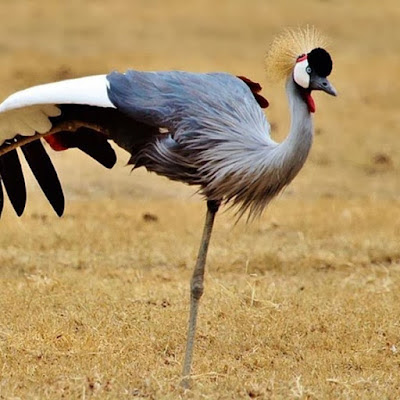NOVEL VI.
Michael Scalza proves to certain young gentlemen, that the family of the Baronci is the most honourable of any in the world, and wins a supper by it.
The ladies continued laughing at Giotto's smart reply, when the queen commanded Fiammetta to follow, which she did to this purpose: - The mention of the Baronci by Pamfilo, though perhaps you may not know them so well as himself, puts me in mind of a story in which their great nobility is plainly exhibited, without deviating from our present subject, and therefore I choose to relate it.
There lived not long since in our city a young gentleman, called Michael Scalza, who was one of the most agreeable and pleasant companions in the world; for which reason his company was much courted by all the young people of Florence, whenever they could be favoured with it. Now he was one day with some friends at Mount Ughi, when the question happened to be started, Which was the noblest and most ancient family in Florence? Accordingly, one named the Uberti, another the Lamberti, some preferring one, and some another, according to their different humours and interests; upon which Scalza smiled, and said, "You are all mistaken; the most noble, as well as the most ancient family, I do not say in Florence only, but in the whole world, is that of the Baronci; in this all philosophers are agreed, and every one that knows them, as well as myself. And, lest you should think that I speak of some other family of that name, I tell you that I mean the Baronci, our neighbours, who live by the great St. Maria." When the young gentlemen, who expected he would have mentioned some other family, heard this one named, they made the greatest fun of it that could be, and said, "You impose anything in the world upon us, as if nobody knew the Baronci but yourself." - "Indeed," quoth he, "I do not, I speak nothing but what is truth, and if there is any one among you who dares lay a wager of a supper for six of his friends, upon that head, I will stand to it; nay, more than that, I will abide by the judgment of any person whom you shall nominate." Hereupon a young spark, called Neri Vannini, said, "I am your man." It was also agreed that one Piero, a Florentine, in whose house they were, should be judge.
The case was stated accordingly to Piero, whilst the whole company bore hard upon Scalza, making themselves very merry with his expected treat. Piero, then, who was a good sensible man, having heard Neri's story, turned to Scalza, and said, "Well, how do you make good your assertion?" Scalza replied, "I prove it by such arguments as not yourself only, but even my antagonist shall confess to be just. You know that the more ancient any family is, the more noble it is deemed; this was agreed among us at the beginning. I have then only to show, in order to win my wager, that the Baronci family is the most ancient of all others. You must understand, then, that they were formed when nature was in her infancy, and before she was perfect at her work, and that the rest of mankind were all created afterwards. To convince you of this, do but examine the figures of one and the other, you will find art and proportion in the last, whereas the first are rough drawn and imperfect; among them you will see one with a long narrow face, another with a prodigious broad one; one that is flat-nosed, another with a nose half an ell long; this has a long hooked chin, that one eye bigger and set lower down than the other. In a word, their faces resemble, for the world, what children make when they first learn to draw. Nature, then, you will allow, was in its first and earliest state, when they were created, consequently they are the most ancient of all others, and therefore the most noble." Both Piero, who was to determine, and Neri, who had wagered the treat, and the whole company likewise, on hearing this pleasant argument, agreed that Scalza was in the right, and that the Baronci were the noblest and most ancient people in the whole world. Well, therefore, was it observed by Pamfilo, in describing the ugliness and deformity of Signor Forese, that, if possible, he had a worse person than any of the Baronci.


